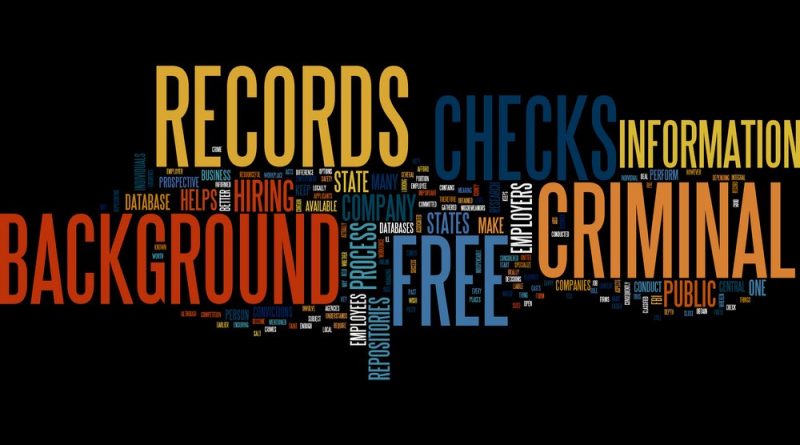What Do You Need to Learn About Criminal Background Checks in 2021
The idea of background checks is to mitigate risks and protect a company’s assets. It includes an assessment of a threat a partnership with a stakeholder/s may cause. Furthermore, such verification checks help prevent a business from potential lawsuits by regulatory forces for onboarding an individual with a sketchy track record.
Criminal background check
Criminal background check is conducted pre or post-employment to assess a potential employee or business partner. It helps evaluate a candidate’s trustworthiness by checking if they have ever been involved in criminal activity or a felony. Businesses can rely on databases from national, state, or supreme courts to check the criminal history of a candidate.
Moreover, the nature of data from a database is also crucial for conducting a thorough check. For instance, state records will only disclose data from that particular state. Hence, it can leave a few inaccuracies in a nationwide context.
But, an employers’ requirement can be diverse and require criminal background verification in just the county or state. For example, the requirements of a cab aggregator will be different from a business processing outsourcing company.
The crucial nature of criminal background checks
Criminal background check’s importance lies in their ability to maintain the company’s reputation by onboarding dependable employees. It also fits well with the customers and stakeholders involved in the business.
For instance, hiring a banker with fraud charges will reduce customer satisfaction. In fact, the clients may not even be comfortable having such a banker handle their hard-earned money and assets.
Furthermore, conducting a criminal background check has to be a two-way street, where it is crucial to keep the collected information confidential. For example, you may not wish to hire an individual with a drunk driving incident as a cab aggregator. But it may not be a problem in other industries.
Frequently asked questions about criminal background checks
Here are a few FAQs regarding background checks:
What kind of information is disclosed in a background check?
- Name of the crime and type: It will include the name of the crime and type of crime such as misdemeanour, felony, sex offender registry check, and more. Furthermore, there are a few limitations as per the state and regulations to define what type of crimes can be legally reported in a background check report.
- Disposition: Disposition means the outcome of the matter or crime, such as conviction, pending, or non-conviction.
- Date of the disposition: Lastly, it includes the date of the disposition. It is crucial because of time-bound instances. For instance, infractions are only disclosed in the report if they are within the last seven years or so.
How to conduct a background check?
Businesses should seek written consent from the candidates before conducting a verification check. Furthermore, as professional agencies have litigation databases and indexed criminal records, it is advisable to consult them. Another benefit of outsourcing the task is that it minimises the chance of irregularities. Also, agencies use user-friendly dashboards and sophisticated workflows to make it easier for the partners to perform their duties seamlessly.
Who should businesses subject to background verification?
Ideally, businesses should conduct a check on all potential employees. It highlights the inaccuracies regarding the candidates’ background, minimising the impact on the company’s reputation and upholding other employees’ safety. It is also fitting to conduct a criminal verification check on individuals who are recipients of promotions or executive positions.


